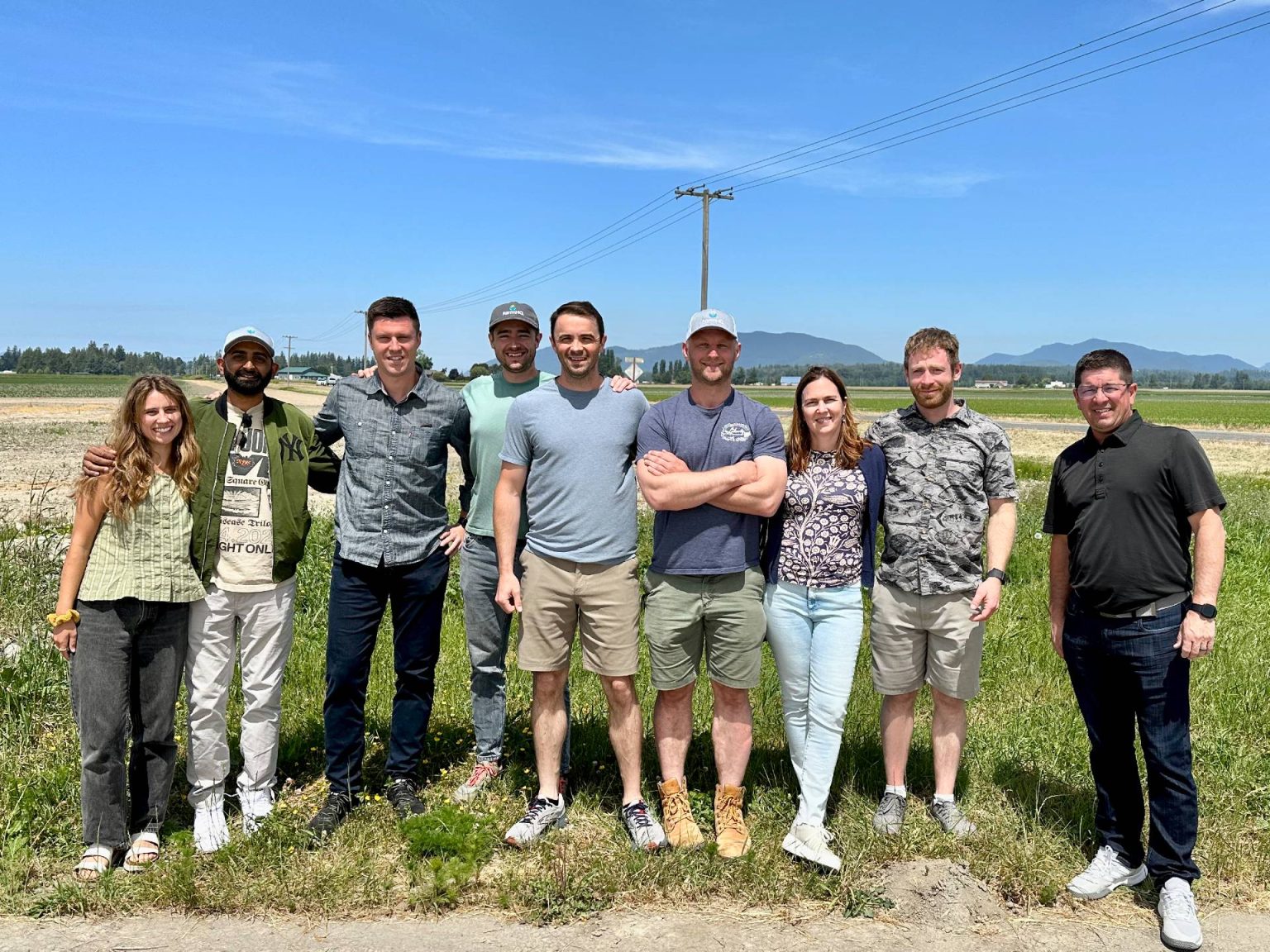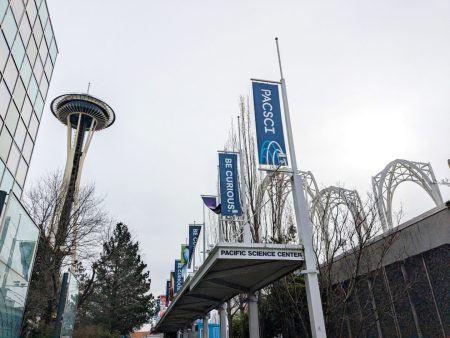Rural Washington Agtech Startup FarmHQ Secures New Funding for Irrigation Innovation
In the heart of Skagit Valley, where the Wallace brothers once worked their family’s potato farm, a homegrown agricultural technology solution is taking root and flourishing. FarmHQ, based in Burlington, Washington, has recently secured an additional $500,000 in investment funding, bringing their total raised to nearly $5 million. This rural startup has experienced remarkable growth since its 2020 founding, with revenue more than doubling year-over-year and a customer base that now exceeds 200 farms across four countries—the United States, Canada, Mexico, and Australia. The company’s success story represents a powerful intersection of agricultural heritage and technological innovation, as the Wallace brothers have channeled their firsthand farming experience into solving one of agriculture’s most persistent challenges: efficient irrigation management.
The fresh capital will fuel FarmHQ’s mission to revolutionize center pivot irrigation systems—the circular sprinklers visible from airplane windows that create distinctive crop patterns across the landscape. While these systems are the most commonly used irrigation method in modern farming, they’ve historically been difficult to automate and monitor efficiently. FarmHQ’s technology addresses this gap by providing real-time data and control capabilities through a smartphone dashboard, allowing farmers to regulate water flow remotely and receive instant alerts about system malfunctions. This innovation directly addresses the physically demanding and sometimes wasteful traditional methods that required farmers to regularly check fields in person, often discovering problems like flooding only after significant damage had occurred. With an eye toward expansion, the company plans to nearly double its workforce by year’s end, growing from five to nine employees to support their technological development and customer service initiatives.
Despite their impressive trajectory, FarmHQ faces external challenges that highlight the complex economic landscape of agricultural technology. Recent U.S. tariffs on Chinese and Canadian goods have created supply chain complications for the startup. David Wallace, co-founder and CEO, describes the resulting “confusion and frustration” as the company works to source hardware components domestically that were previously imported from China—often at higher costs or with limited availability. These trade tensions have rippled into their sales efforts as well, with Canadian customers, who represent 18% of FarmHQ’s business, showing increased hesitation to purchase American products due to retaliatory tariffs. These economic hurdles exemplify the broader challenges faced by small agricultural businesses caught in the crossfire of international trade disputes, requiring adaptability and resilience from rural entrepreneurs.
The Wallace brothers’ journey to founding FarmHQ (originally named CODA Farm Technologies until rebranding last year) reflects a common pattern in agricultural innovation—tech-savvy individuals with farming backgrounds returning to solve problems they personally experienced. After leaving their family farm for college and careers in the technology sector, David and Connor Wallace recognized the opportunity to apply their technical expertise to the inefficiencies they had witnessed in irrigation management. Their solution goes beyond mere convenience; it addresses critical resource conservation needs at a time when 36 states across America are experiencing moderate to severe drought conditions. By optimizing water usage through precise automation and monitoring, FarmHQ’s technology contributes to sustainability efforts while simultaneously helping farmers reduce costs and improve crop yields—a win-win solution that explains their rapid customer adoption and loyalty.
The agricultural sector’s economic challenges extend beyond water conservation, with rising costs, declining profits, and a severe labor shortage creating pressure points throughout the industry. The labor crisis has been exacerbated by immigration enforcement policies that have reduced the availability of farm workers, pushing agricultural businesses toward automation as a necessity rather than just an efficiency improvement. As noted in a June 2025 report from FTI Consulting, “Automation, digital transformation and workforce development are key strategies to address the labor shortage,” making technologies like FarmHQ’s increasingly vital to farm viability. The company has positioned itself well in this environment by developing user-friendly systems that integrate with existing infrastructure, making adoption more accessible for farmers facing economic constraints. Their customer service approach further strengthens their market position, with Wallace noting that “every grower wants the opportunity to evaluate the product for a season before they go all in,” and reporting that most accounts triple their purchases after the first year of experience with the system.
While FarmHQ’s success story is encouraging, it stands somewhat in contrast to broader trends in agricultural technology investment. According to PitchBook data, global agtech investments have been steadily declining since 2021, with funding in the second quarter of 2025 totaling $1.5 billion—a 23% decrease compared to the same period last year. This downward trend makes FarmHQ’s continued growth and ability to secure additional funding particularly noteworthy, suggesting that investors see exceptional promise in their practical approach to irrigation management. The sector is not without competition, however, as demonstrated by Vancouver-based Verdi’s recent $4.7 million funding round for their own irrigation automation technology. As climate change intensifies water scarcity issues and labor challenges persist throughout the agricultural industry, the market for effective irrigation solutions will likely continue to expand, potentially creating opportunities for multiple successful players with differentiated approaches. For FarmHQ, their deep roots in farming combined with technical expertise and strong customer relationships provide a solid foundation for continued growth despite the sector’s overall investment volatility.















